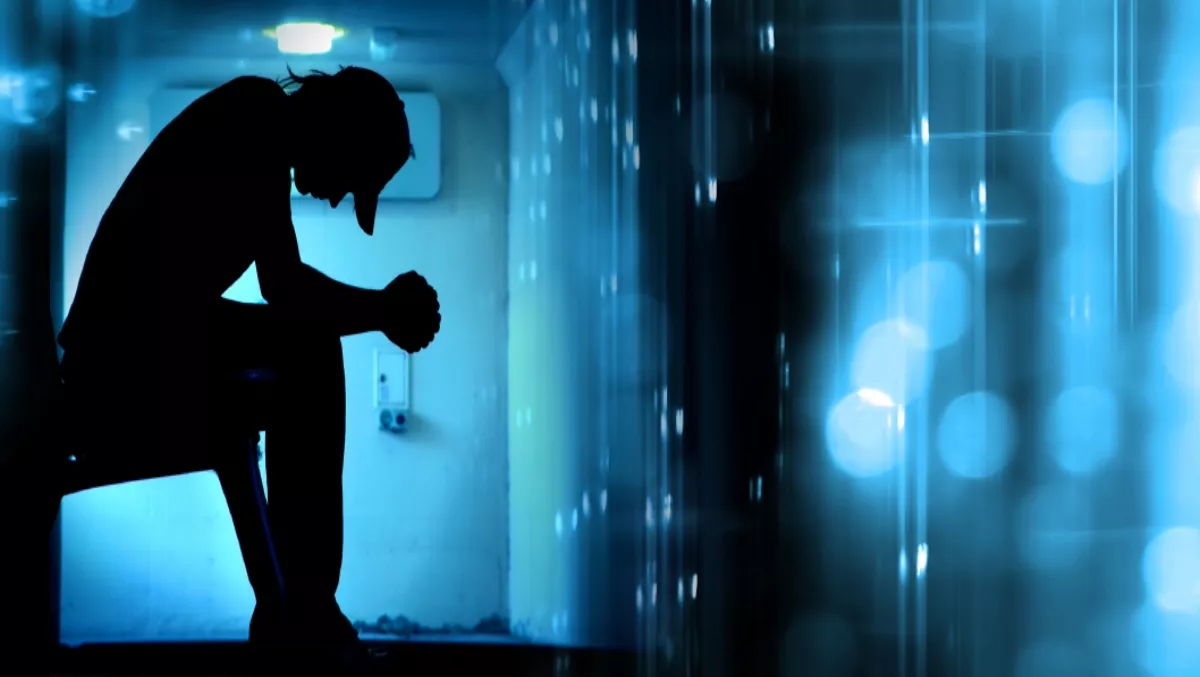
Key launches mental health e-therapy for young Kiwis
Prime Minister John Key has launched SPARX, an online game-style tool to help young people develop skills to deal with feeling down, depressed or stressed.
An initiative of the Prime Minister’s Youth Mental Health Project, SPARX is a clinically tested self-help tool developed especially for young New Zealanders by Auckland University.
“We know mental health is a big issue for teenagers with around one in five young people experiencing some form of problem during adolescence," Key says.
"It’s important that they can get help when they need it. To do this effectively they need access to a range of forms of help and in different formats, including online.
“SPARX is designed to fill a treatment gap with young people who may not currently be seeking help. Users can access, register and start using SPARX independently and anonymously in their own time - making help available to more young people around New Zealand.”
As an e-therapy SPARX has been widely tested with young people in New Zealand and has been found to be an effective treatment for mild to moderate depression.
A study in the British Medical Journal in 2012 found use of SPARX resulted in a ‘clinically significant’ reduction in depression, anxiety and an improvement in quality of life.
SPARX is based on Cognitive Behavioural Therapy (CBT) which teaches skills to cope with negative thoughts and feelings, including behaviours important in protecting against depression - problem solving, being active, positive cognition, social skills, and relaxation.
It is also designed to fit alongside other forms of mental health treatment including face to face therapy, medication, family therapy and working on other issues in the young person’s life, like dealing with bullying, and addressing alcohol or drug abuse.
Recording artist Stan Walker is generously supporting the launch by allowing his latest single ‘Bully’ to be used to get the SPARX message out to young people.
The Prime Minister’s Youth Mental Health Project was launched in April 2012 and is investing $62 million over four years in a range of initiatives to improve youth mental health, delivered in schools, online, through communities and health services.

